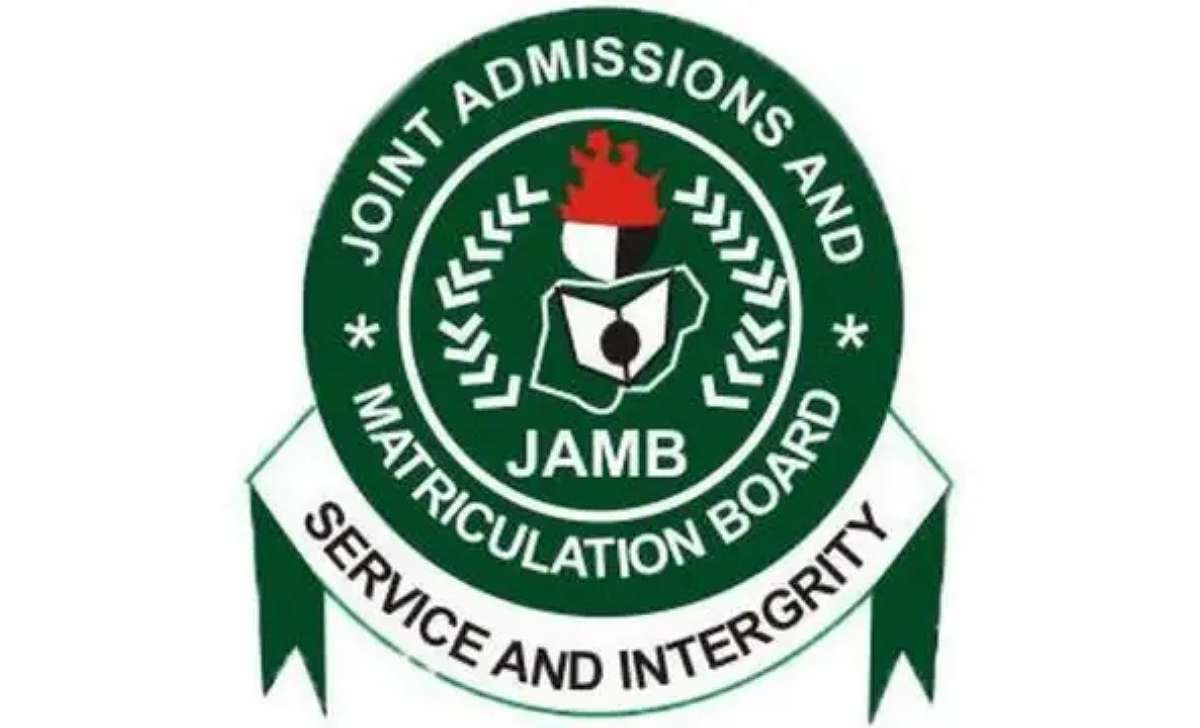If you’re planning to write the JAMB Principles of Accounts exam in 2025/2026, you’re in the right place.
Preparing for this subject might seem like a lot, but with the right guide, you can ace it. This article breaks down the key areas JAMB expects you to focus on.
Why You Need to Focus on JAMB’s Syllabus
The JAMB syllabus is like a cheat sheet. It tells you the specific topics the exam will cover, so you don’t waste time studying irrelevant stuff. When you stick to the syllabus, you’ll prepare smarter, not harder.
JAMB Areas of Concentration for Principles of Accounts 2025/2026
The JAMB syllabus for Principles of Accounts is broken into different sections. Each section focuses on a unique aspect of accounting. Here’s a detailed breakdown:
1. Nature and Purpose of Accounting
This section introduces you to the basics of accounting. Here’s what you need to know:
- What is Accounting? Learn how accounting started and its different branches like financial accounting, cost accounting, and auditing.
- Objectives of Accounting: Understand why businesses keep financial records, like tracking profits and losses.
- Who Uses Accounting Information? Get familiar with stakeholders like investors, creditors, and managers who rely on accurate financial reports.
- Accounting Principles: Study key principles like consistency, prudence, and materiality.
Study Tip: Create flashcards for the accounting principles and their definitions to help you remember them easily.
2. Double Entry System
The double entry system is the foundation of accounting. Master this, and you’re halfway there. Focus on:
- Source Documents: These include invoices, receipts, and credit notes. They’re the first step in recording transactions.
- Books of Original Entry: Learn how transactions are first recorded in journals before being posted to ledgers.
- Accounting Equation: Understand the golden rule of accounting: Assets = Liabilities + Equity.
- The Ledger: This is where all transactions are summarized, so make sure you know how to classify accounts.
- Trial Balance: Learn how to prepare a trial balance to ensure your entries are balanced.
Study Tip: Practice solving trial balance problems from past JAMB questions.
3. Ethics in Accounting
Ethics matter in accounting because they ensure honesty and trust. Key areas to focus on include:
- Integrity and Objectivity: Accountants must always tell the truth and avoid bias.
- Confidentiality: Keeping client information private is critical.
- Professionalism: Learn why accountants must always act responsibly.
Study Tip: Read real-life stories of accounting scandals to understand the importance of ethics.
4. Cash Book
The cash book is where cash and bank transactions are recorded. Focus on:
- Types of Cash Books: Single, double, and triple column cash books.
- Petty Cash Book: Learn how small day-to-day expenses are managed using the imprest system.
Study Tip: Practice entering transactions into different types of cash books.
5. Bank Reconciliation Statements
Bank reconciliation is the process of matching your cash book with your bank statement. Understand:
- Why Reconciliation is Important: It helps businesses detect errors and fraud.
- How to Reconcile Accounts: Learn to identify items like unpresented cheques and bank charges.
Study Tip: Use examples from past JAMB questions to practice preparing reconciliation statements.
6. Final Accounts of a Sole Trader
This is where it all comes together. You’ll need to prepare:
- Trading Account: This shows the gross profit of the business.
- Profit and Loss Account: This calculates the net profit.
- Balance Sheet: This shows the financial position of the business.
Study Tip: Memorize the format of these statements, as JAMB questions often require you to prepare them.
7. Stock Valuation
Stock valuation affects how profits are reported. Learn:
- Methods of Valuation: FIFO (First-In-First-Out), LIFO (Last-In-First-Out), and Weighted Average Cost.
- Impact on Profits: Understand how each method affects the financial results of a business.
Study Tip: Use simple examples to calculate stock values using different methods.
8. Control Accounts
Control accounts summarize transactions for accounts receivable and accounts payable. Focus on:
- Why They’re Important: They help in detecting errors and summarizing data.
- Reconciliation: Learn how to match control accounts with subsidiary ledgers.
Study Tip: Solve exercises from your textbooks to understand how control accounts work.
9. Incomplete Records and Single Entry
10. Manufacturing Accounts
11. Accounts of Not-For-Profit-Making 12. Organizations
12. Departmental Accounts
13. Branch Accounts
14. Branch Accounts
15. Partnership Accounts
16. Partnership Accounts
17. Public Sector Accounting
18. Information Technology in Accounting
How to Prepare for JAMB Principles of Accounts
Here are some tips to help you prepare effectively:
- Study with the Syllabus: Always keep the JAMB syllabus handy. It’s your roadmap.
- Get the Right Textbooks: Use recommended textbooks that align with the JAMB syllabus.
- Practice Past Questions: JAMB repeats questions, so practicing past papers is a must.
- Create a Study Schedule: Break down the topics and allocate time to each one.
- Join Study Groups: Discussing topics with friends can help you understand them better.
If you found this article helpful, share it with friends or classmates. Together, let’s conquer JAMB.


![JAMB Subject Combination for Tourism Studies [year]/[nyear] 2 JAMB 5 4](https://sparobanks.ng/wp-content/uploads/2025/01/JAMB-5-4-150x150.jpg)
